Home>Garden Essentials>What Seeds To Plant In July
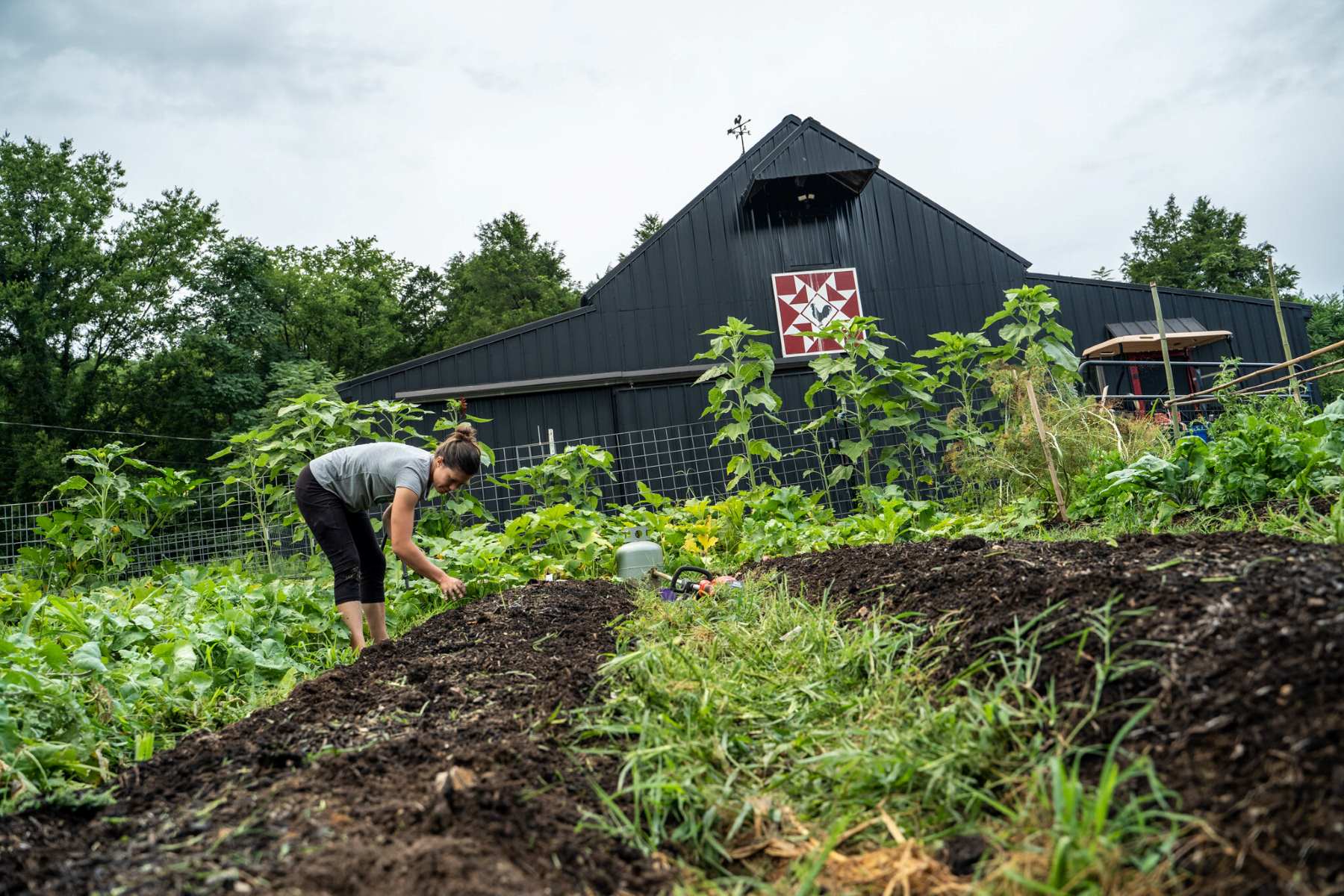

Garden Essentials
What Seeds To Plant In July
Modified: October 20, 2024
Looking to start your garden in July? Discover the best seeds to plant this month and get your garden blooming in no time!
(Many of the links in this article redirect to a specific reviewed product. Your purchase of these products through affiliate links helps to generate commission for Storables.com, at no extra cost. Learn more)
Introduction
Welcome to the wonderful world of gardening! Whether you are a seasoned green thumb or just beginning your gardening journey, planting seeds can be a delightful and rewarding experience. And what better time to sow the seeds of new life than in the month of July? As the summer heat reaches its peak, gardens are in full bloom, and the opportunity to add fresh produce, vibrant flowers, and aromatic herbs to your outdoor oasis is ripe for the taking.
Planting seeds in July offers a plethora of benefits. First and foremost, it extends your growing season, allowing you to enjoy an abundant harvest well into the fall. Additionally, starting from seeds gives you a wide variety of plant options that may not be available as seedlings at your local nursery. It also allows you to save money, as seeds are often more affordable than plants and provide a greater yield.
While planting seeds in July presents a unique set of considerations, such as higher temperatures and potential drought conditions, with the right techniques and plant selection, success is easily attainable. So, let’s dive into the world of seed planting and explore the vegetables, herbs, flowers, and fruits that are ideal to sow in your garden this July.
Key Takeaways:
- Embrace the summer heat by planting seeds in July for an extended growing season, cost-effective gardening, and a wide variety of plant options. Enjoy the rewards of a thriving garden with proper care and creativity.
- Sow the seeds of your garden in July to enjoy a bountiful harvest of vegetables, herbs, flowers, and fruits. With heat-tolerant varieties and proper care, you can create a vibrant and delicious outdoor oasis.
Read more: What Is A Plant Seed
Benefits of Planting Seeds in July
Planting seeds in July offers numerous advantages for gardeners of all levels of expertise. Here are some compelling reasons why you should embrace the opportunity to sow seeds during this time:
- Extended Growing Season: By planting seeds in July, you can enjoy an extended growing season. This means that you will have more time to cultivate and harvest a wide variety of plants well into autumn.
- Greater Plant Selection: When you start from seeds, you have access to a diverse range of plant varieties. Some plants may not be available as seedlings at nurseries, giving you the chance to try unique and specialty cultivars that can add a dash of excitement to your garden.
- Cost-Effective: Buying seeds is generally more cost-effective than purchasing established plants. Seeds are often available in packets with multiple seeds, allowing you to get more bang for your buck. This is especially beneficial if you have a large garden or want to experiment with various plantings.
- Greater Yield: Starting from seeds allows you to establish plants from their earliest stage of growth. As a result, they often have stronger root systems and can produce higher yields. You may end up with a more bountiful harvest compared to plants that were transplanted later in the season.
- Flexibility and Customization: Planting seeds in July gives you the freedom to customize your garden to suit your preferences. You can choose specific varieties, colors, and flavors to cater to your tastes and design a garden that reflects your personal style.
These benefits make planting seeds in July an enticing option for both novice and experienced gardeners. With a little bit of planning and care, you can enjoy a successful and vibrant garden that will bring you joy and fulfillment throughout the year.
Considerations for Planting Seeds in July
While planting seeds in July has its advantages, it’s important to take certain considerations into account to ensure the success of your garden. Here are some key factors to keep in mind:
- Temperature and Sun Exposure: July is typically one of the hottest months of the year, so it’s crucial to choose seeds that can tolerate high temperatures. Look for heat-tolerant varieties that can thrive in the summer sun. Additionally, consider providing shade or using row covers to protect young seedlings from scorching heat.
- Watering Needs: Watering is essential for seed germination and plant growth, especially during the hot summer months. Be mindful of the watering requirements of the seeds you are planting and ensure that they receive adequate moisture. Consider utilizing drip irrigation or soaker hoses to ensure efficient water delivery without excessive evaporation.
- Soil Preparation: Prepare your soil before sowing seeds in July. Ensure that the soil is well-draining and enriched with organic matter. Add compost or aged manure to improve the soil’s fertility and moisture-retention capacity.
- Protecting Against Pests and Diseases: The warm weather of July can also bring an influx of pests and diseases. Take preventive measures by using organic pest control methods, such as companion planting or introducing beneficial insects. Regularly inspect your plants for any signs of pests or diseases and take appropriate action immediately.
- Succession Planting: Consider implementing a succession planting strategy, where you sow seeds at regular intervals throughout the summer. This ensures a continuous harvest and prevents the overloading of your garden with too many crops at once. Plan ahead and stagger your seed sowing based on the maturity time of each plant variety.
- Managing Weeds: Weeds can compete with your newly planted seeds for water, nutrients, and sunlight. Regularly weed your garden beds to minimize weed growth and prevent them from overtaking your precious seedlings.
By taking these considerations into account and adapting your gardening practices accordingly, you can set yourself up for success when planting seeds in July. With proper care, you’ll be rewarded with a thriving garden that will bring you joy and delicious harvests throughout the summer and beyond.
Vegetables to Plant in July
July is an ideal time to plant a variety of vegetables that thrive in the warm summer months. Here are some delicious and nutritious vegetables that you can sow from seeds in your garden:
- Tomatoes: Tomatoes are a popular choice among gardeners, and July is the perfect time to sow tomato seeds for a late summer to early fall harvest. Choose from a wide range of varieties, from cherry tomatoes to beefsteak tomatoes, and enjoy the flavor and versatility they bring to your meals.
- Cucumbers: Crisp and refreshing cucumbers are a staple in summer salads and sandwiches. Plant cucumber seeds in July for a bountiful harvest in late summer. Consider growing them vertically to save space and improve air circulation.
- Zucchini and Summer Squash: These prolific summer vegetables can be harvested in abundance if sown in July. Their versatility makes them perfect for grilling, roasting, or adding to pasta dishes. Keep in mind that zucchini plants can quickly get large, so allot enough space for them to spread.
- Green Beans: Whether you prefer bush beans or pole beans, green beans are a nutritious choice for your summer garden. Sow the seeds in July for a continuous harvest throughout the season. Consider providing some support for pole beans to ensure proper growth.
- Sweet Peppers: Add a pop of color and sweetness to your garden by planting sweet peppers. Choose from a variety of bell peppers or specialty varieties like banana peppers or pimentos. July is the perfect time to sow pepper seeds, giving them ample time to mature and ripen before the colder months.
- Leafy Greens: While some leafy greens may prefer cooler temperatures, there are several varieties that can be planted in July. Look for heat-tolerant greens like Swiss chard, kale, and collard greens. These nutritious greens can be harvested for salads, stir-fries, and sautés throughout the summer months.
Remember to read the seed packets or consult local gardening resources for specific planting instructions and optimal growing conditions for each vegetable variety. With proper care and attention, you’ll be able to enjoy a bountiful and delicious harvest of homegrown vegetables from your July seed plantings.
Herbs to Plant in July
Adding fresh herbs to your garden not only enhances the flavors of your culinary creations but also fills the air with delightful aromas. July is a great time to start growing herbs from seeds. Here are some herbs that you can plant in July:
- Basil: Fragrant and versatile, basil is a must-have herb in any garden. Plant different varieties of basil, such as Genovese, Thai, or lemon basil, for a variety of flavors and uses. Basil enjoys warm weather, making July the perfect time to sow its seeds.
- Cilantro: Cilantro is a popular herb used in many cuisines, adding a fresh and zesty flavor to dishes. Plant cilantro seeds in July for a continuous supply throughout the summer. Keep in mind that cilantro tends to bolt in hot weather, so succession planting can ensure a prolonged harvest.
- Parsley: Whether you prefer curly or flat-leaf parsley, July is an excellent time to sow its seeds. Parsley is a versatile herb that adds freshness and depth to various dishes, including salads, soups, and sauces.
- Dill: Known for its feathery foliage and distinct flavor, dill is a great herb to plant in July. It is commonly used in pickling, seafood dishes, and dips. Dill plants also attract beneficial insects, making them a beneficial addition to your garden.
- Mint: Mint is an aromatic herb that can be used in both culinary and medicinal applications. Plant mint seeds in July to enjoy its refreshing leaves in teas, cocktails, salads, and more. However, be cautious when planting mint, as it can spread vigorously and might be best grown in containers.
- Chives: Chives are a mild and onion-like herb that adds a delicate flavor to dishes. Plant chive seeds in July to enjoy their slender and vibrant green leaves. Chives are also known to have beautiful purple flowers that can attract pollinators to your garden.
Remember to provide adequate water and well-draining soil for your herb seeds. Most herbs thrive in full sun but may appreciate some shade during the hottest parts of the day. With regular care and pruning, your herb garden will flourish and provide you with an abundance of fresh flavors throughout the summer and beyond.
In July, you can plant seeds for quick-growing vegetables like lettuce, spinach, and radishes. These crops can handle the heat and will be ready to harvest before the first frost in the fall.
Read more: What Is The Fastest Plant To Germinate
Flowers to Plant in July
July is a wonderful time to bring vibrant colors and fragrant blooms to your garden by planting flowers from seeds. Whether you’re looking to create a stunning flower bed or add pops of color to your patio containers, here are some flowers that you can sow in July:
- Marigolds: Marigolds are popular annual flowers that come in various vibrant shades of yellow, orange, and red. These cheerful flowers not only brighten up your garden but also help repel pests with their strong scent. Plant marigold seeds in July for a burst of color throughout the summer.
- Zinnias: Zinnias are classic summer flowers that come in a wide range of colors, from soft pastels to bold and vibrant hues. Their dazzling blooms attract butterflies and pollinators, making them a perfect addition to any garden. Sow zinnia seeds in July for a striking display that will last until the first frost.
- Cosmos: Cosmos flowers are delicate and daisy-like, with feathery foliage and petals that range in color from white to pink and deep maroon. These low-maintenance annuals bloom profusely from mid-summer until fall, adding grace and beauty to your garden. Plant cosmos seeds in July for a natural and captivating display.
- Sunflowers: Sunflowers are iconic summer flowers that bring a cheerful and sunny ambiance to any garden. Sow sunflower seeds in July to witness their rapid growth and towering heights. Choose from a variety of sunflower types, including dwarf varieties for smaller spaces or giants that can reach impressive heights.
- Nasturtiums: Nasturtiums are edible flowers that not only add beauty to your garden but also make a tasty addition to salads and other dishes. These colorful annuals come in vibrant shades of orange, red, and yellow, and their long trailing vines create a cascading effect. Sow nasturtium seeds in July for a visually appealing and edible garden addition.
- Cosmos: Cosmos flowers are delicate and daisy-like, with feathery foliage and petals that range in color from white to pink and deep maroon. These low-maintenance annuals bloom profusely from mid-summer until fall, adding grace and beauty to your garden. Plant cosmos seeds in July for a natural and captivating display.
Remember to provide well-draining soil, regular watering, and adequate sunlight for your flower seeds. Prepare the soil by removing weeds and loosening it to create an optimal environment for germination. With proper care and attention, these flowers will reward you with stunning blooms and enhance the visual appeal of your garden throughout the summer season.
Fruits to Plant in July
July is an exciting time to start growing delicious and juicy fruits in your garden. Whether you have a spacious backyard or limited space for container gardening, here are some fruits that you can plant from seeds in July:
- Watermelon: Watermelons are the epitome of summer refreshment, making them a popular choice for home gardeners. Plant watermelon seeds in July for a late summer harvest. Choose from a variety of sweet and juicy watermelon varieties and enjoy the satisfaction of growing your own.
- Strawberries: While strawberries are often grown from transplants, you can also try growing them from seeds in July. Although it might take longer to establish and yield fruit, growing strawberries from seeds can be a rewarding experience. Choose everbearing or day-neutral varieties, as they tend to produce fruits throughout the growing season.
- Raspberries: Raspberries are a delightful addition to any garden, with their sweet and tangy flavor. While raspberries are commonly propagated through cuttings, you can experiment with growing them from seeds. Keep in mind that growing raspberries from seeds might take longer, but it can be worth the wait for their luscious harvest.
- Cantaloupe: Cantaloupes are another delicious melon variety that thrives in the summer heat. Plant cantaloupe seeds in July for a late summer or fall harvest. Choose compact or bush varieties if you have limited space, or go for the traditional large melons if you have plenty of room for them to sprawl.
- Papaya: If you live in a warm climate or have a greenhouse, consider planting papaya seeds in July. Papayas require a long and warm growing season to reach maturity. Select a variety that is suitable for your climate and enjoy the tropical flavors of this exotic fruit.
- Kiwis: Kiwis are delicious and nutritious fruits that can be grown from seeds. While kiwi vines take several years to mature and produce fruit, starting them from seeds allows you to experience the full growth journey. Plant kiwi seeds in July and nurture them as they develop into robust vines.
Remember to provide ample space, proper support, and consistent care for your fruit plants. Read the seed packets or consult local gardening resources for specific growing requirements and growing zones. With patience and perseverance, you’ll be rewarded with a flavorful and homegrown harvest of fruits in the seasons to come.
Tips for Successful Seed Planting in July
Planting seeds in July can be a rewarding endeavor, but it’s essential to follow some key tips to ensure success and maximize your harvest. Here are some helpful tips for successful seed planting in July:
- Choose Heat-Tolerant Varieties: Opt for seeds that are specifically bred for heat tolerance. Look for varieties that are labeled as “heat-resistant” or “heat-tolerant” to ensure better germination and growth in the hot summer months.
- Start Seeds Indoors: Consider starting your seeds indoors before transplanting them into your garden. This allows you to control the temperature and provide optimal conditions for germination. Start seeds in small containers or seed trays filled with a sterile seed-starting mix.
- Time Your Planting: Research the recommended planting dates for each plant variety. Ensure that you give the seeds enough time to germinate, establish, and produce a crop before the first frost in your area. Consider using a planting calendar or consulting gardening references to determine the ideal timing for your specific region.
- Provide Adequate Watering: Water seeds consistently to ensure proper germination and growth. Keep the soil consistently moist but not overly saturated, as excessive moisture can lead to rot or disease. Consider using a drip irrigation system to provide a steady supply of water directly to the roots.
- Mulch Your Garden Beds: Apply a layer of organic mulch around your seedlings to help retain moisture, regulate soil temperature, and suppress weed growth. Mulching also adds a layer of protection to tender young plants during hot weather.
- Protect from Extreme Heat: Use shade cloth or row covers to provide some protection from intense sunlight and extreme heat. This can help prevent sunburn and heat stress on delicate seedlings.
- Implement Regular Care: Monitor your plants for pests, diseases, and weeds. Inspect them regularly and take appropriate action to address any issues promptly. Keep up with regular watering, fertilizing, and pruning to promote healthy growth and maximize yields.
- Practice Succession Planting: Stagger your plantings by sowing seeds at regular intervals. This way, you can ensure a continuous harvest throughout the growing season. Succession planting also helps avoid overwhelming your garden with too many crops maturing simultaneously.
- Harvest and Save Seeds: As your plants mature and produce fruits or flowers, consider saving the seeds for future plantings. Allow the fruits or flowers to fully ripen, collect the seeds, and store them in a cool, dry place for next year’s garden.
By following these tips, you can increase the chances of successful seed planting in July and enjoy a bountiful harvest. Remember that gardening is a continuous learning process, so don’t be afraid to experiment, observe, and adapt your techniques to suit your unique growing conditions.
Conclusion
Planting seeds in July opens up a world of possibilities for your garden. Despite the challenges that the summer heat presents, the benefits far outweigh the considerations. From an extended growing season to a greater selection of plant varieties, starting from seeds in July allows you to create a diverse and thriving garden.
Whether you choose to plant vegetables, herbs, flowers, or fruits, take into account the specific needs and preferences of each plant. Providing adequate watering, sun exposure, and soil preparation will go a long way in ensuring the success of your seed plantings. Additionally, implementing strategies like succession planting and mulching can help you maximize your harvest and maintain thriving plants throughout the season.
Remember that gardening is a journey of learning and experimentation. Along the way, you may encounter challenges, but with patience and care, you will reap the rewards of your efforts. Enjoy the process of watching your seeds germinate, grow, and flourish into beautiful plants that provide nourishment, fragrance, and visual delight.
So, seize the opportunity this July to sow the seeds of your garden and experience the joy and satisfaction of cultivating your own plants from scratch. With proper planning, care, and a touch of creativity, your garden will become a haven of beauty, abundance, and tasty delights for you to enjoy throughout the summer and beyond.
Frequently Asked Questions about What Seeds To Plant In July
Was this page helpful?
At Storables.com, we guarantee accurate and reliable information. Our content, validated by Expert Board Contributors, is crafted following stringent Editorial Policies. We're committed to providing you with well-researched, expert-backed insights for all your informational needs.
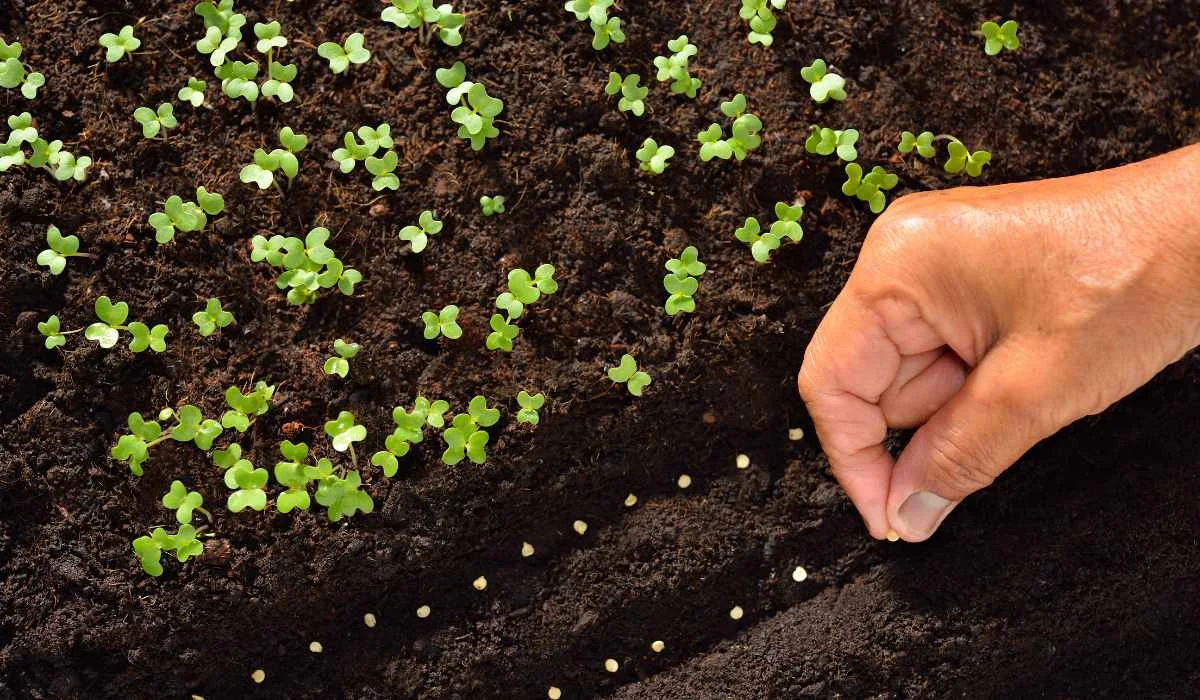
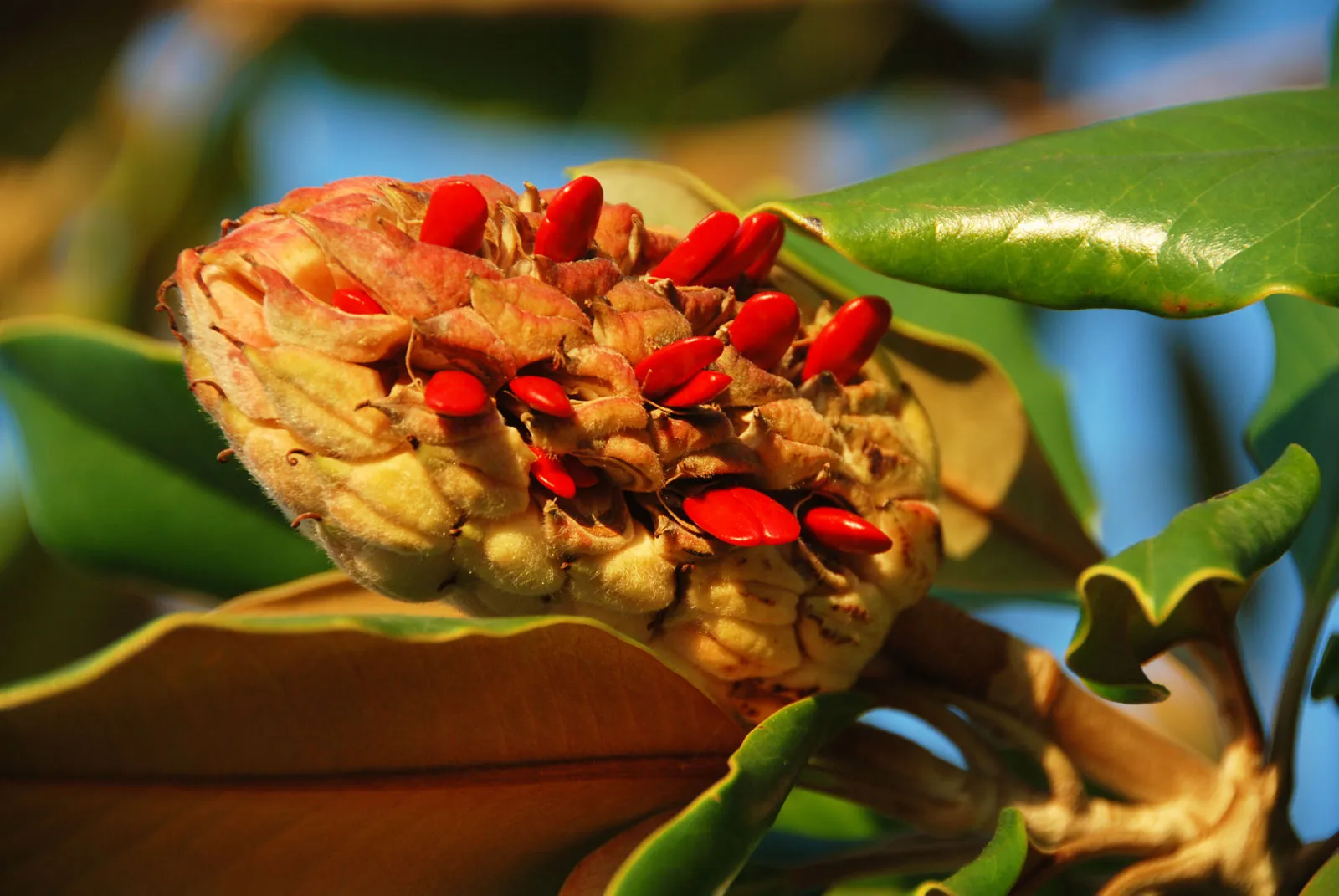
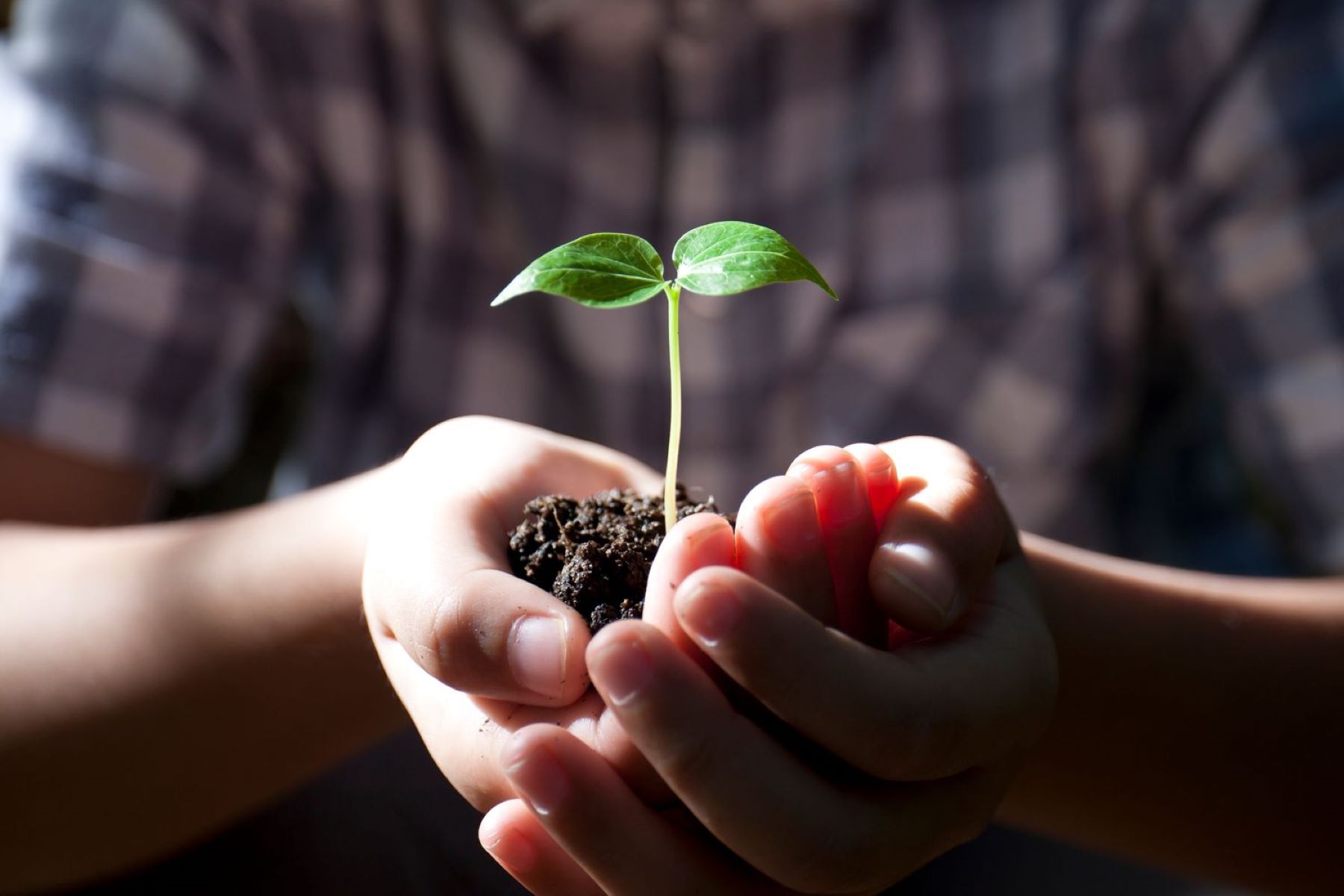
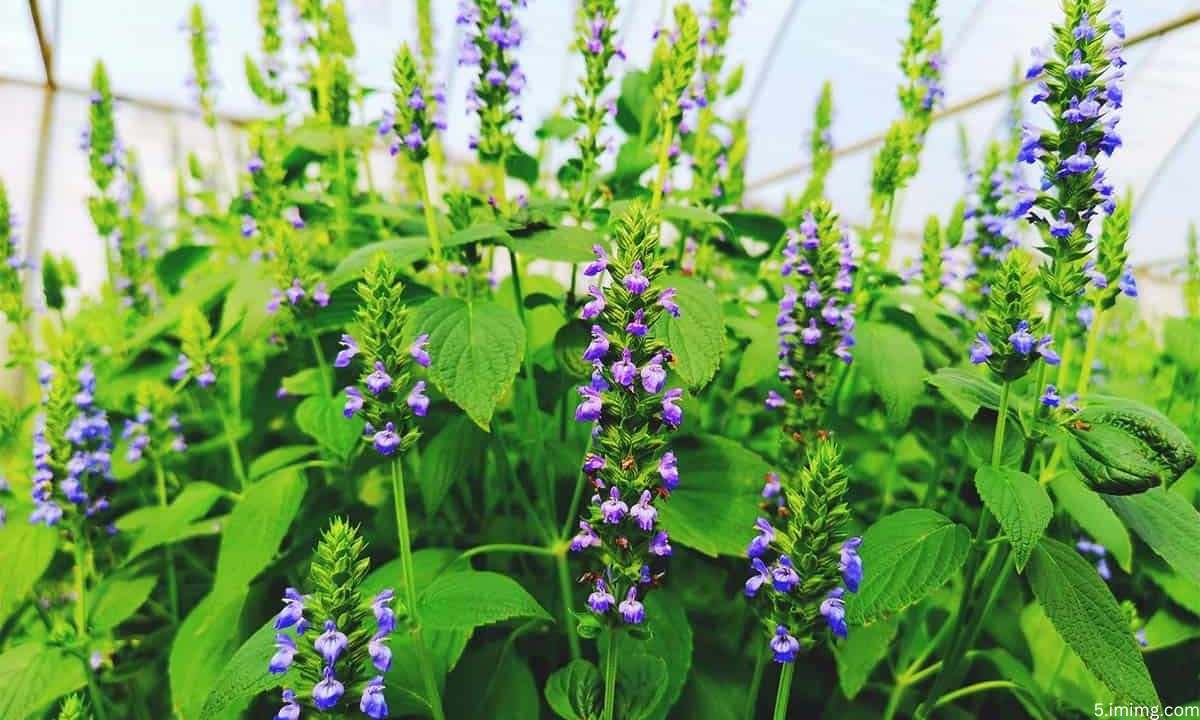

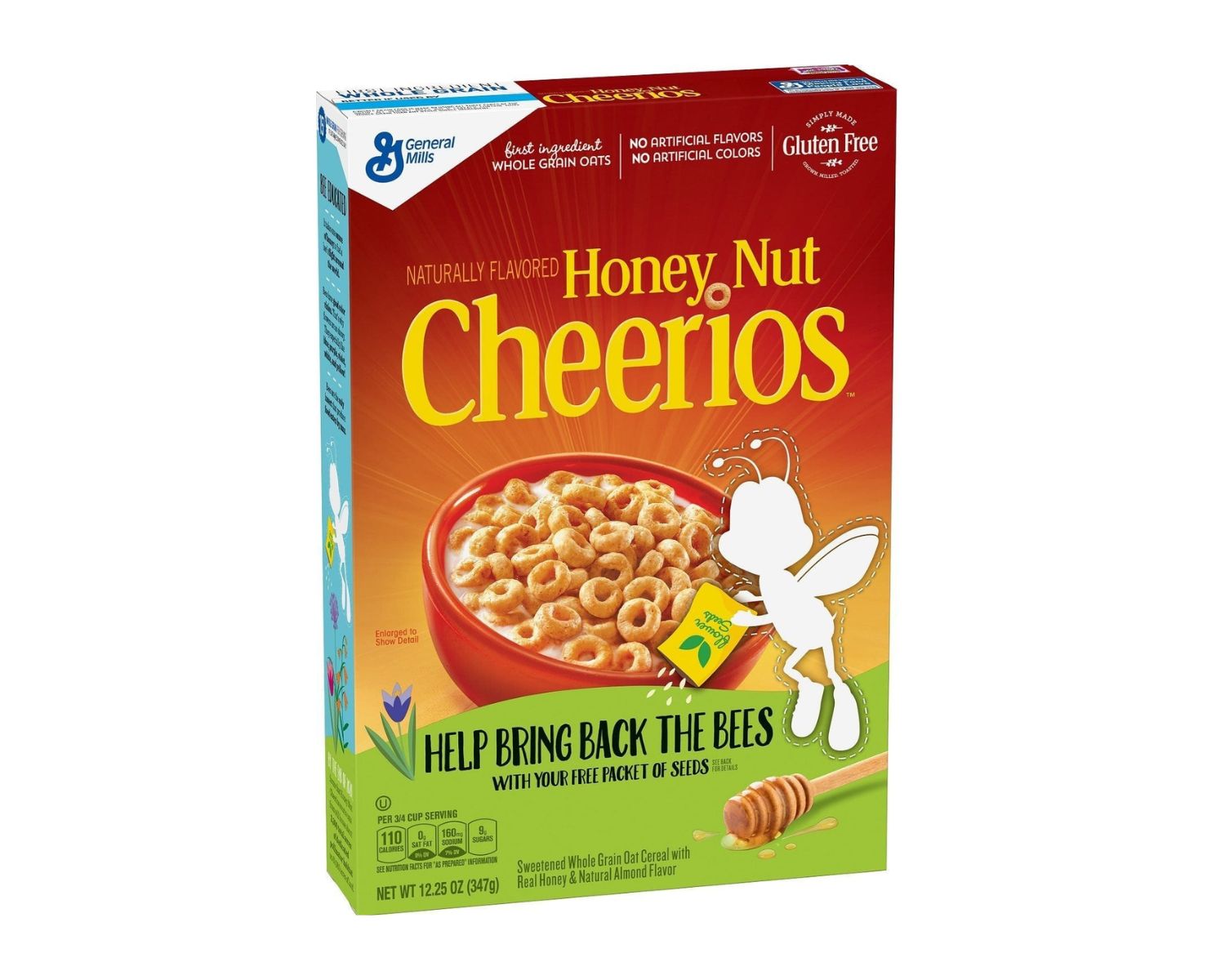
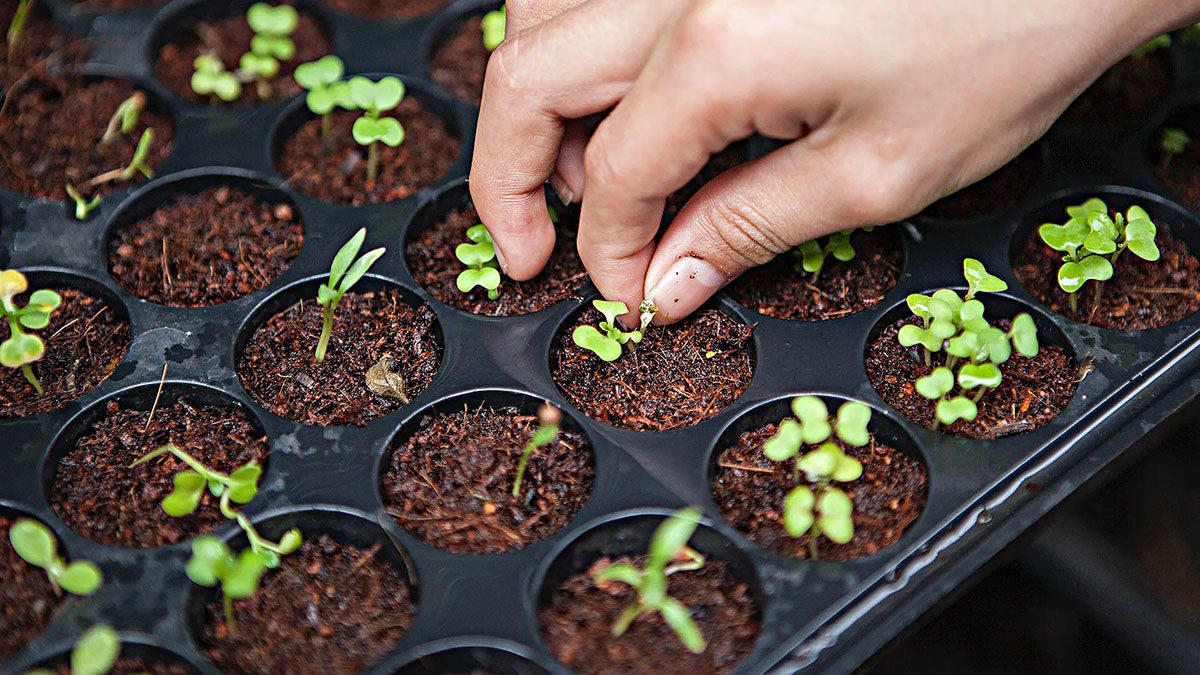
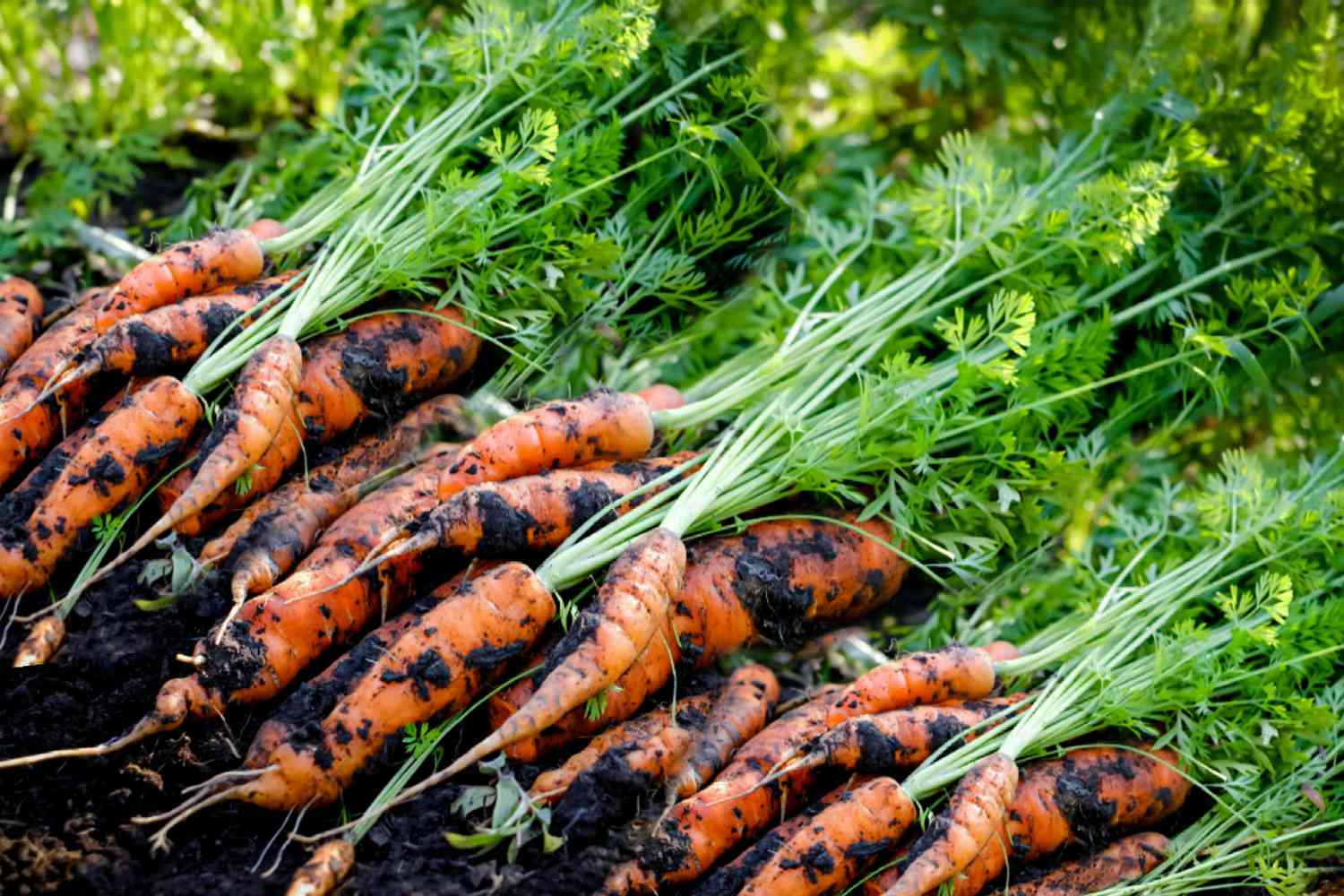
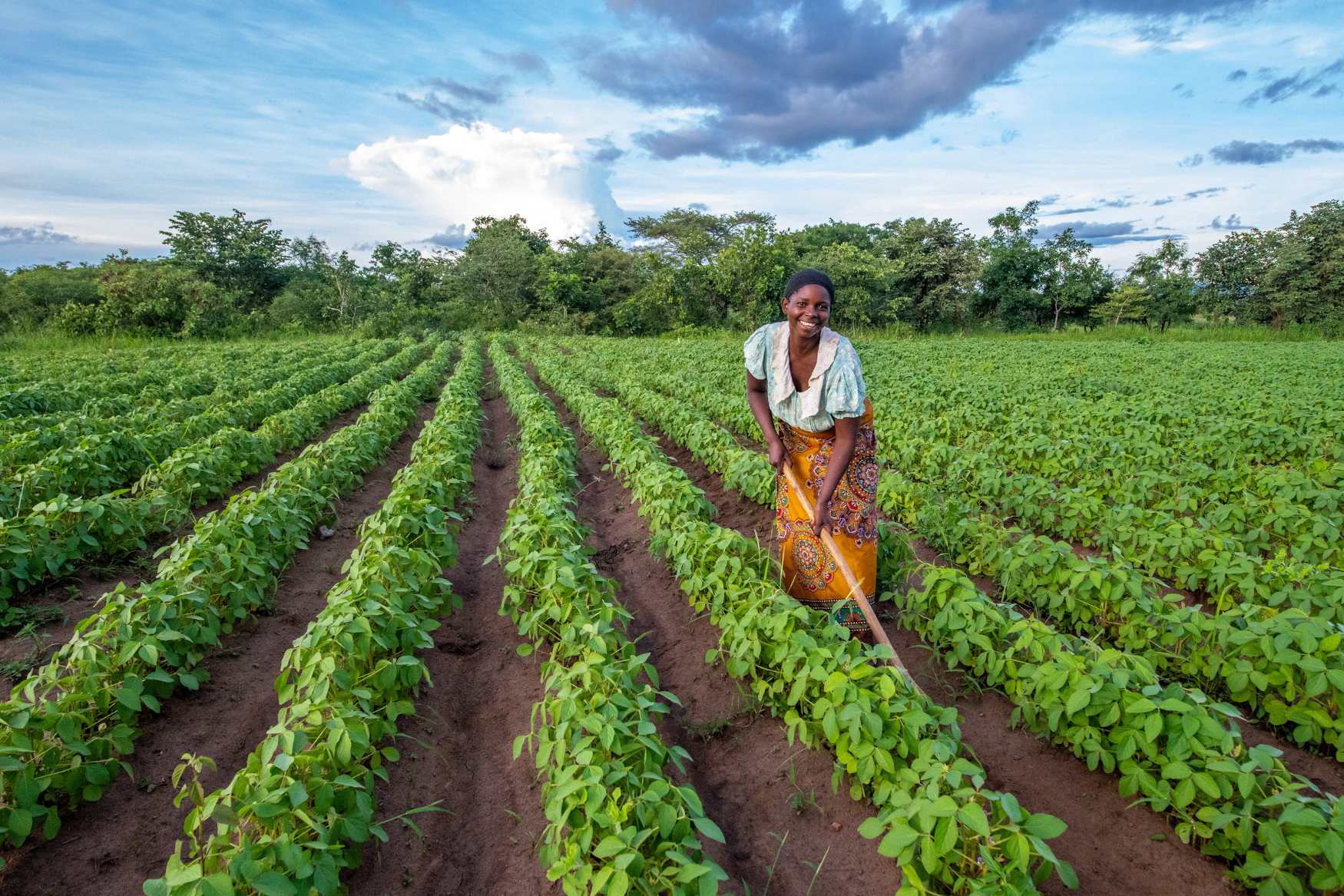
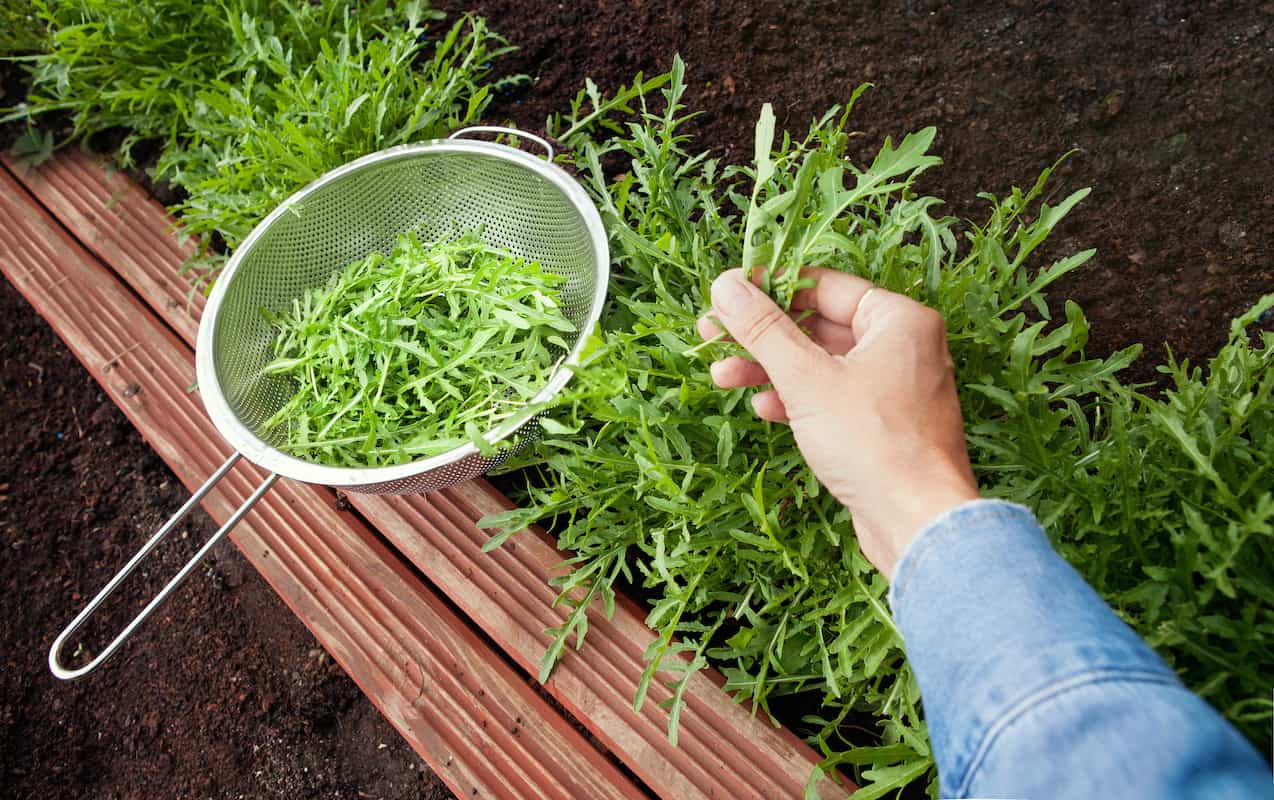
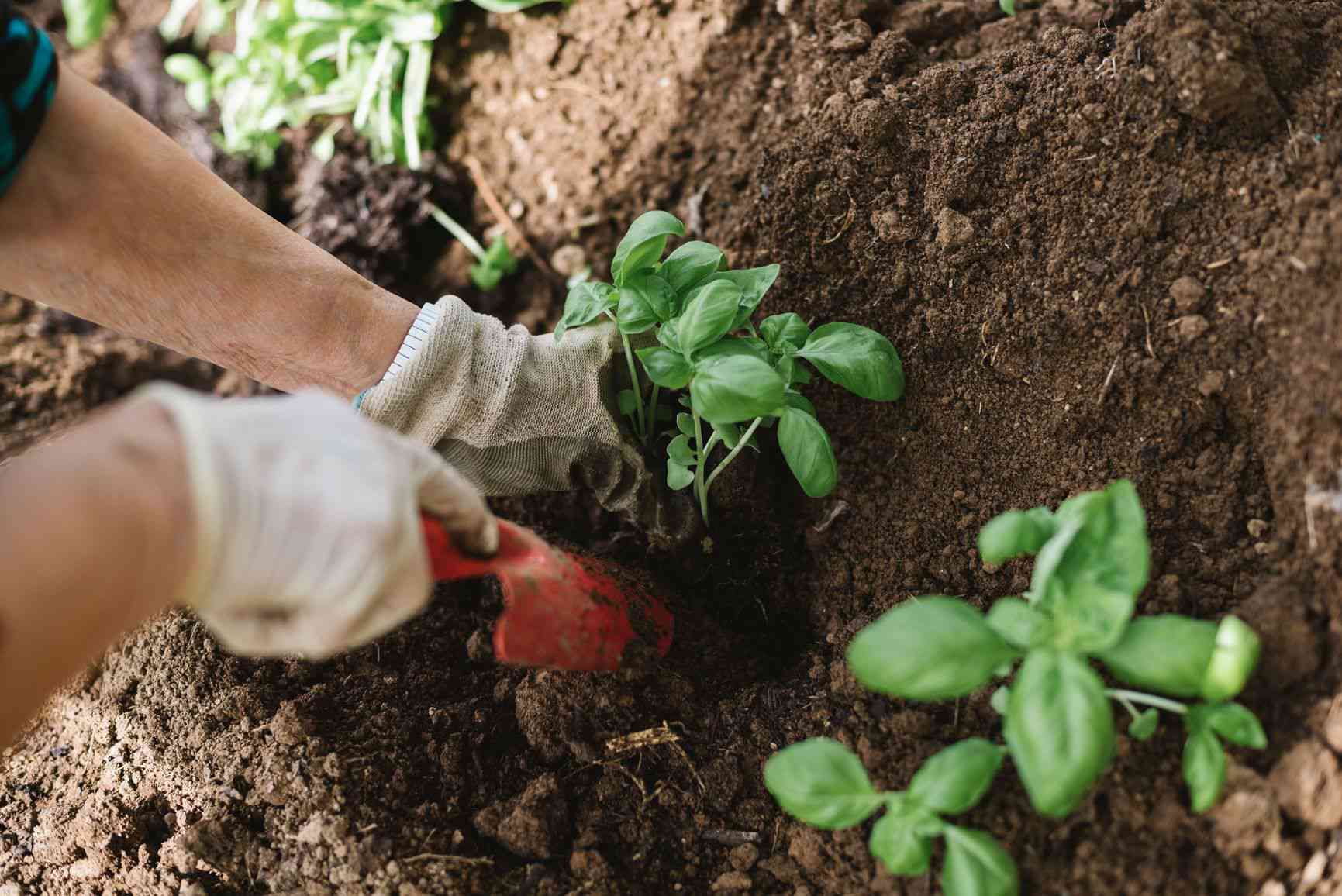
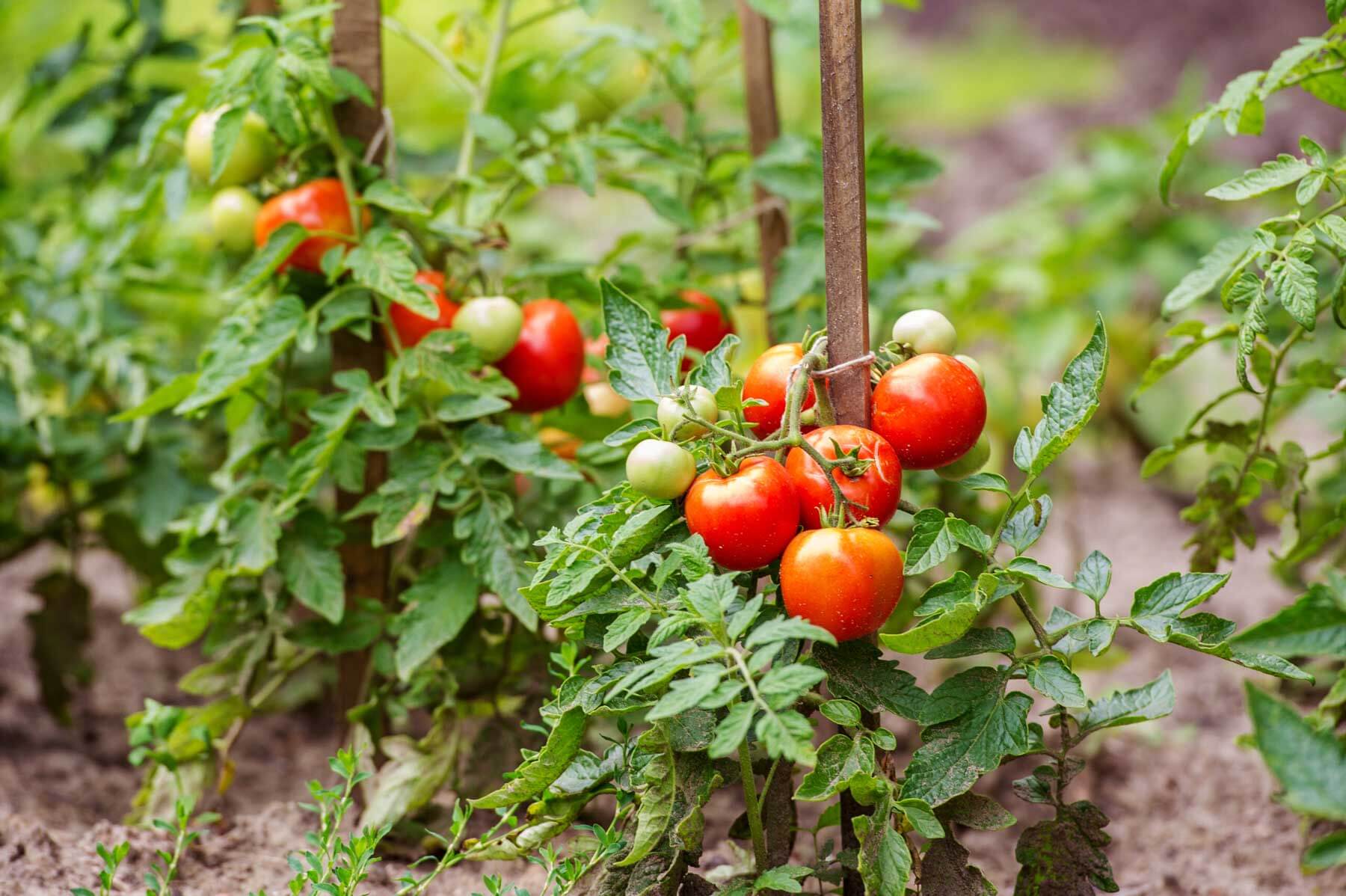
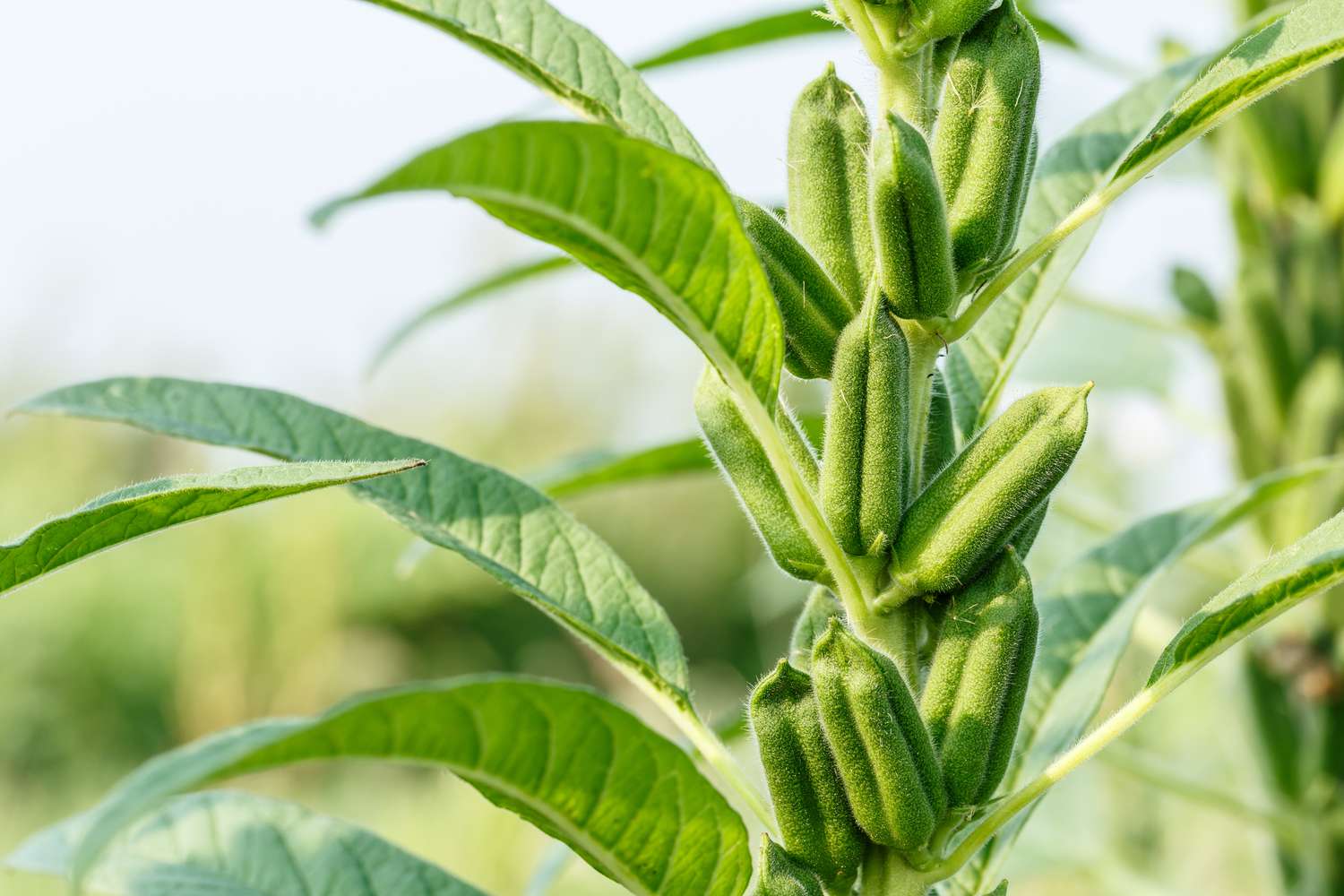
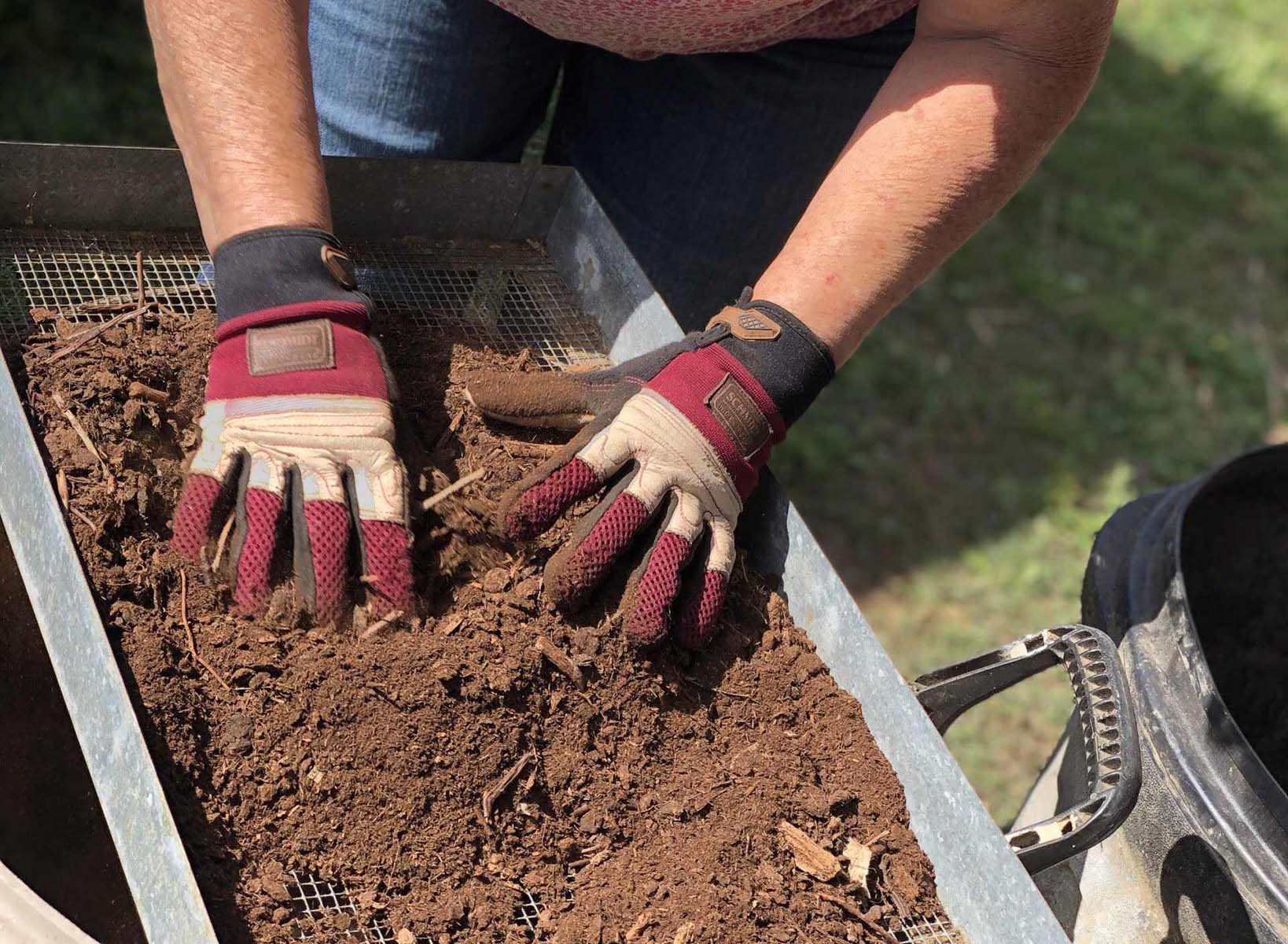

0 thoughts on “What Seeds To Plant In July”